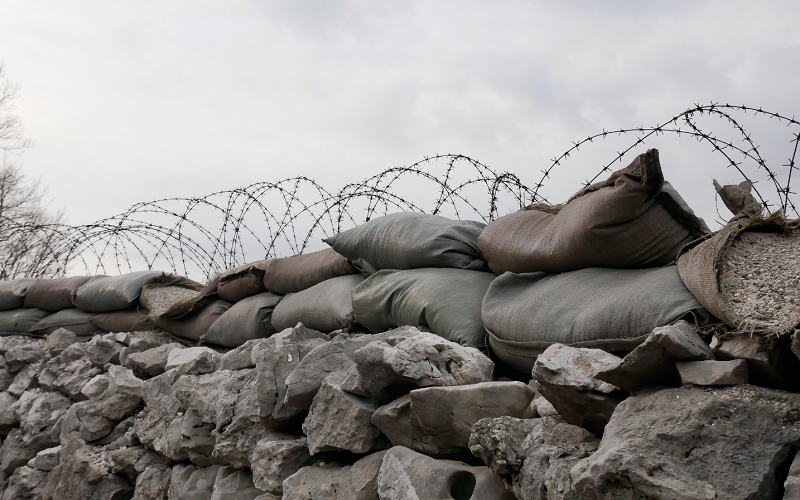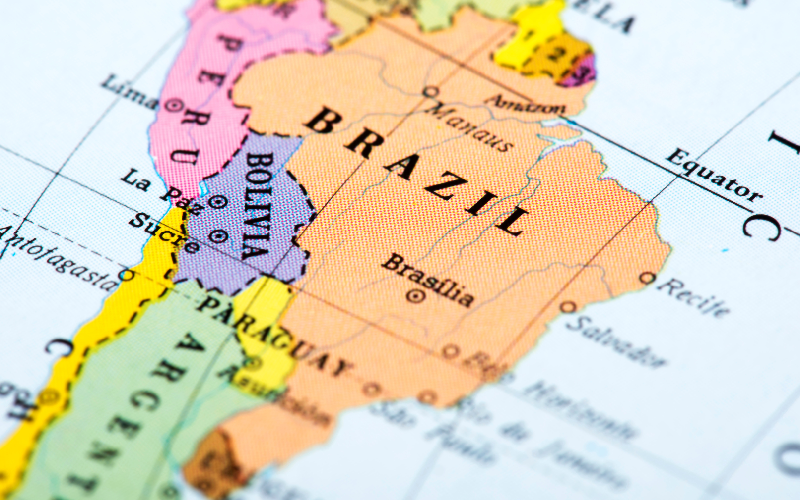
#WorldinTurmoil: A Reflections on Public Health, the Pandemic, and the Importance of Building Trust

#WorldinTurmoil: A Reflections on Public Health, the Pandemic, and the Importance of Building Trust
News
Jan 18, 2023
Prof. Ilona Kickbusch, Founding Director and Chair of the Global Health Centre at the Graduate Institute of International and Development Studies in Geneva, is interviewed by Prof. Bettina Borisch, Executive Director of the World Federation of Public Health Associations (WFPHA), and shares her thoughts on why politics and public health must go hand in hand, what the weaknesses of public health are and what can be done to strengthen it, the role and needs of young people in public health, and, last but not least, how and where health is created.
By clicking on the link below, you can read the article on the Croakey Health Media website.
Watch the interview by clicking on the link below.
This article is published as part of the #WorldinTurmoil series.






Recent Comments